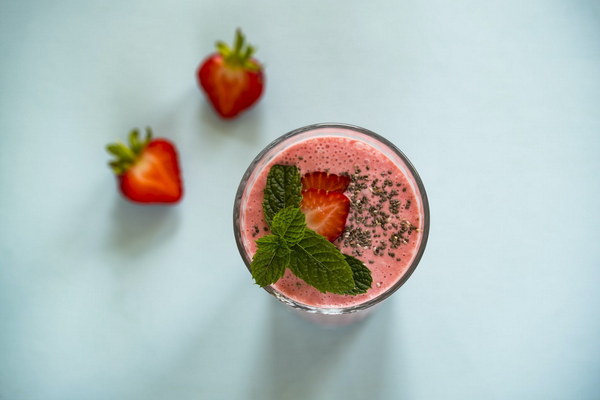The Itchy Truth Nutritional Deficiencies Behind Skin Irritations
Are you scratching your head over the mystery of why your skin is itchy? You're not alone. Many people experience skin irritation without understanding the root cause. One often overlooked factor is nutritional deficiencies. Yes, you read that right. What you eat—or don't eat—can significantly impact your skin's health and trigger an itchy sensation. Here's a closer look at some common nutritional deficiencies that may be the culprit behind your skin's discomfort.
1. Vitamin B12 Deficiency
Vitamin B12 is essential for the production of red blood cells and the maintenance of a healthy nervous system. A deficiency in this crucial vitamin can lead to a condition known as pernicious anemia, which can cause itchy skin. This is because B12 helps regulate the production of fatty acids in the skin, which are essential for maintaining its barrier function. If your body isn't getting enough B12, your skin might react by becoming dry and itchy.
2. Iron Deficiency Anemia
Iron is vital for carrying oxygen in your blood. When you're deficient in iron, your body doesn't produce enough hemoglobin, leading to anemia. Anemia can cause your skin to become pale, dry, and itchy. Iron is found in red meats, poultry, fish, beans, lentils, and fortified cereals. If you're not consuming enough of these foods or have difficulty absorbing iron, you may need to supplement or consult with a healthcare provider.
3. Omega-3 Fatty Acids
Omega-3 fatty acids are known for their anti-inflammatory properties. They're found in fatty fish, flaxseeds, chia seeds, and walnuts. A deficiency in omega-3s can lead to dry skin and eczema, both of which can cause intense itching. Incorporating more of these foods into your diet or taking omega-3 supplements may help alleviate your itchy symptoms.
4. Vitamin D Deficiency
Vitamin D is often called the sunshine vitamin because your skin produces it when exposed to sunlight. A lack of vitamin D can lead to dry skin and eczema, which are common causes of itching. Foods rich in vitamin D include fatty fish, fish liver oils, egg yolks, and fortified dairy products. If you're not getting enough sun exposure or consuming these foods, a vitamin D supplement might be necessary.
5. Magnesium Deficiency
Magnesium is a mineral that helps regulate nerve and muscle function, including the muscles in your skin. A deficiency can lead to eczema and itchy skin. Foods high in magnesium include almonds, cashews, avocados, leafy greens, and legumes. If you're not getting enough magnesium, consider increasing your intake or taking a magnesium supplement.
6. Zinc Deficiency

Zinc is an essential mineral that helps maintain healthy skin. A deficiency can lead to skin issues like eczema and psoriasis, which can be very itchy. Good sources of zinc include nuts, seeds, legumes, whole grains, and meat. If you're experiencing frequent skin irritations, consider whether you might be deficient in zinc.
Before making any significant dietary changes or starting a supplement regimen, it's important to consult with a healthcare professional. They can perform tests to determine if you indeed have a nutritional deficiency and recommend the appropriate course of action. In many cases, addressing a nutritional imbalance can lead to significant improvements in skin health and a reduction in the itchy discomfort that affects so many.
Remember, while nutrition plays a vital role in skin health, it's not the only factor. Environmental triggers, allergies, and other health conditions can also cause skin irritation. A holistic approach that addresses all potential causes is often the most effective in achieving relief from itchy skin.









